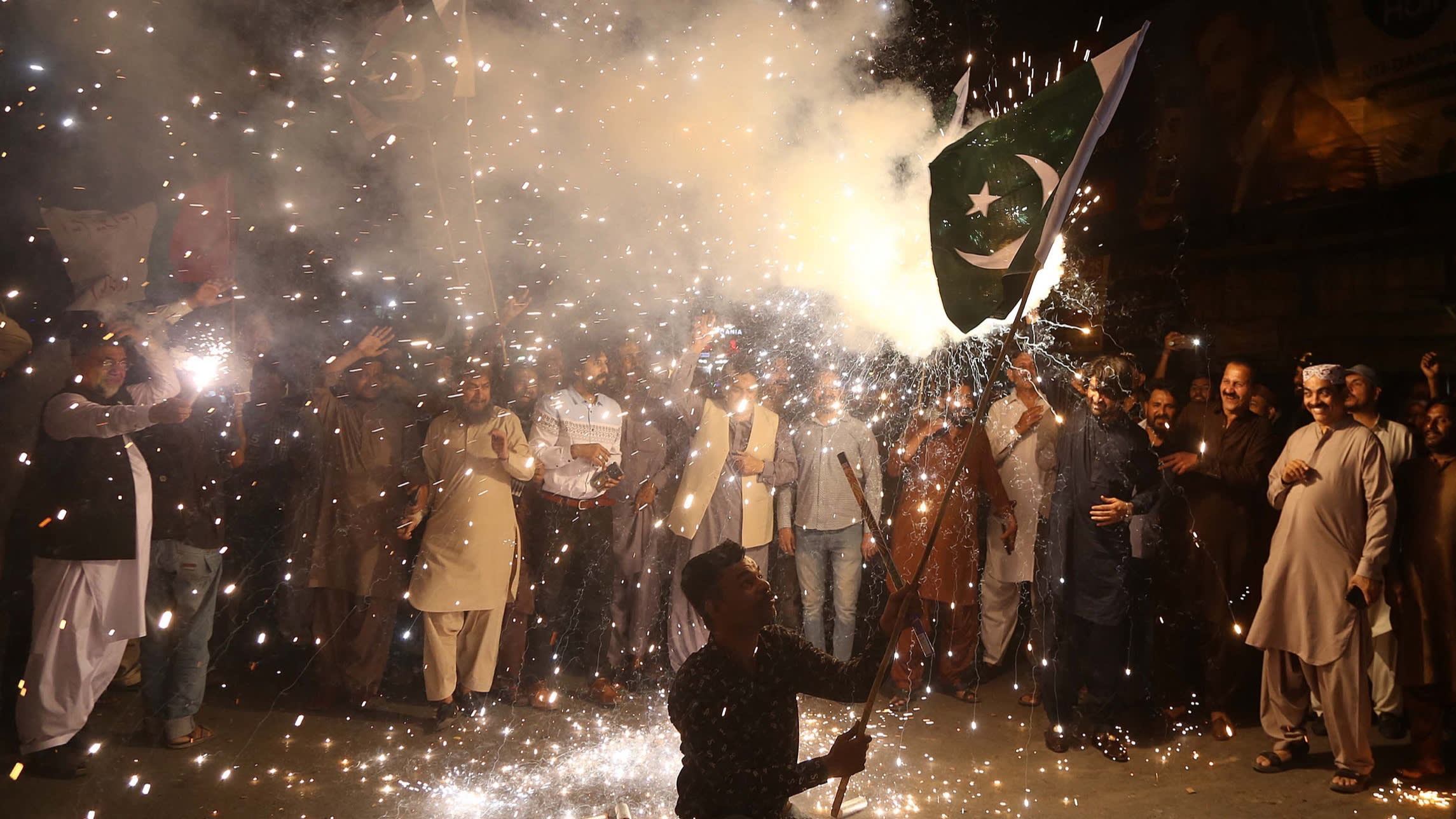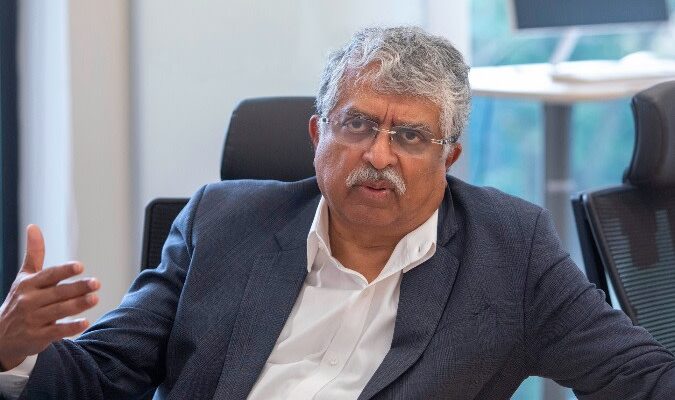
A ceasefire agreement between India and Pakistan, meant to end the worst fighting between the two nuclear-armed powers in decades, appeared to be holding on Sunday, though each accused the other of violations and differed on what had been agreed.
India’s foreign secretary Vikram Misri said late on Saturday that there had been “repeated violations of the understanding arrived at earlier this evening”.
“The armed forces are giving adequate and appropriate response,” he said, adding: “We call upon Pakistan to take appropriate steps to address these violations.”
There were reports from India of ceasefire violations along the Line of Control, which separates Indian-administered and Pakistani-administered Kashmir.
“This is no ceasefire,” Omar Abdullah, chief minister of Indian-controlled Jammu & Kashmir wrote in a post on X. “The air defence units in the middle of Srinagar just opened up . . . What the hell just happened to the ceasefire? Explosions heard across Srinagar!!!”
Pakistan denied any violations and accused India of breaches.
“Pakistan remains committed to faithful implementation of [the] ceasefire between Pakistan and India, announced earlier today,” Pakistan’s foreign ministry said on Saturday. “Notwithstanding the violations being committed by India in some areas, our forces are handling the situation with responsibility and restraint.”
The agreement called a halt to a conflict that India painted as an essential showdown with a country it accuses of supporting cross-border terrorism, and that Pakistan said was a justifiable defence against an aggressive India accusing it of a crime it did not commit.
Earlier on Saturday, Ishaq Dar, Pakistan’s foreign minister, wrote in a social media post that the countries had “agreed to a ceasefire with immediate effect”.
“Pakistan has always strived for peace and security in the region, without compromising on its sovereignty and territorial integrity!” he wrote.
At around the same time, Misri said at a briefing in New Delhi: “The director-general of military operations of Pakistan called the director-general of military operations of India at 15:35 earlier this afternoon.”
“It was agreed between them that both sides would stop all fighting and military action on land and in the air and sea with effect from 17:00 hours today.”
US President Donald Trump claimed credit for the agreement in a social media post.
“After a long night of talks mediated by the United States, I am pleased to announce that India and Pakistan have agreed to a FULL AND IMMEDIATE CEASEFIRE,” Trump wrote on his social media portal Truth Social. “Congratulations to both Countries on using Common Sense and Great Intelligence. Thank you for your attention to this matter!”
On Wednesday, India fired missiles and launched drone strikes into Pakistan in retaliation for a gun attack by what it said were Pakistani-backed terrorists in Pahalgam, Kashmir, on April 22, which killed 25 Indian civilians and a Nepali.
According to Pakistan, India’s targets included air bases deep inside the country, including near its military headquarters in Rawalpindi.
Pakistan launched its own military operation against India, targeting its neighbour with short-range missiles and drones.
India claimed on Saturday that Pakistan had begun to mobilise troops towards the border, raising concerns that the conflict in the air could escalate into a broader war on the ground.
Both countries claimed civilians were killed by the other side.
Marco Rubio, US secretary of state, said in a statement that in the 48 hours running up to the ceasefire announcement, he and Vice-president JD Vance had engaged with senior Indian and Pakistani officials, including Indian Prime Minister Narendra Modi and Pakistani Prime Minister Shehbaz Sharif, in a bid to end the fighting.
The talks also involved the two countries’ national security advisers, India’s Ajit Doval and Pakistan’s Asim Malik.
“I am pleased to announced the governments of India and Pakistan have agreed to an immediate ceasefire and to start talks on a broad set of issues at a neutral site,” Rubio said.
However, an official with India’s ministry of external affairs said the ceasefire was worked out directly between India and Pakistan at Islamabad’s initiative and denied Rubio’s claim that the two countries would now begin direct talks.
Pakistan’s director-general of military operations “initiated the call this afternoon after which discussions took place and understanding (was) reached”, said the official, who did not want to be quoted by name.
“There is no decision to hold talks on any other issue at any other place,” the official added.
The US state department issued readouts of Rubio’s calls with Indian foreign minister S Jaishankar and his Pakistani counterpart Dar in which he said both sides “need[ed] to identify methods to de-escalate and re-establish direct communication to avoid miscalculation”.


